Individuation of God: Integrating Science and Religion
$34.16
Description
Peter B. Todd argues for the integration of science and religion to form a new paradigm for the third millennium. He counters both the arguments made by fundamentalist Christians against science and the rejection of religion by the New Atheists, in particular Richard Dawkins and his followers. Drawing on the work of scientists, psychologists, philosophers, and theologians, Todd challenges the materialistic reductionism of our age and offers an alternative grounded in the visionary work taking place in a wide array of disciplines.
“Peter Todd has written a masterful, if at times a bit dense (or perhaps it was just that I felt “dense”), synthesis of quantum physics, depth or psychodynamic psychology, and religion, in a surprisingly small and readable volume. To do it justice I’ll need to read it again! It had personal meaning for me, as I have been an Anglican/Episcopal priest for 35 years, and worked as a Jungian Analytical Psychologist for the last 15. My weakest area was the third strand of thought he presents, quantum physics, and in particular the work of Bohm, Pribram, and Schroedinger, that offers a solution to those like me who strive to bridge the apparent (but, as Todd points out, largely illusory) gulf that popular culture still tends to see extant between science and religion. In building his argument for “a theology for the third millennium,” Todd weaves these three areas of human intellectual endeavor, while also offering a damning critique of such militant atheists as Richard Dawkins, and equal disdain for the “fundamentalist” factions of all three of the Abrahamic religions (i.e. Judaism, Christianity, and Islam). He notes, and I think correctly, that the common error of both is rigidity in accepting their own dogmas as “true” to the exclusion of any other, ignoring all evidence that would contradict their strongly held positions. Hence, he sees little difference in the process of either side, although the respective content may vary considerably.
In the course of his discussion, he touches on many very contemporary topics, most notably global climate change, and calls for a new vision – such as that inspired by our journey to the moon in the 1960’s, which allowed humankind for the first time to view our planet as it is in the universe, a relatively small, fragile world that is a unity. Unless we are able to transcend our current nationalistic rivalries and petty jealousies, we are once again, like the days at the height of the cold war, in a position to destroy “this fragile earth, our island home.” Whether or not we are able to avert the impending destruction depends, at least in part argues Todd, on our willingness to leave behind the misplaced “faith in materialism” that has brought us to this brink, and replace it with “a consciousness of the sacredness of all people and of the earth itself.” (p 145)
This volume offers those of us who choose to recognize the value of human consciousness in all its varied expressions, whether overtly religious, mystical or scientific and exploratory, as unified in a common goal, namely that “through the human being the universe is making a mirror to observe itself.” (Bohm, 2002, quoted by Todd)–David G. Davidson-Methot, Ph.D.
Peter B. Todd has been a research psychologist at the Neuropsychiatric Institute Sydney, a member of the Biopsychosocial AIDS Project at the University of California, a consultant in the department of immunology at St. Vincent’s Hospital, and a research coordinator at the Albion Street AIDS Clinic Sydney. His papers have appeared in the British Journal of Medical Psychology, the Griffith Review, and the interdisciplinary journal Mind and Matter. He is currently a psychoanalytic psychologist in private practice in Sydney, Australia.
Author: Todd, Peter B
Topic: Psychology
Media: Book
ISBN: 1630510645
Language: English
Pages: 190
Additional information
| Weight | 0.81 lbs |
|---|---|
| Dimensions | 8.5 × 5.51 × 0.5 in |


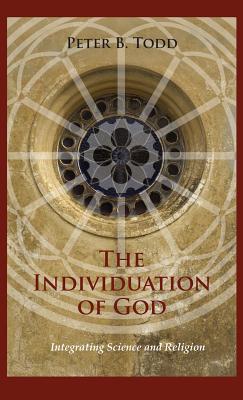

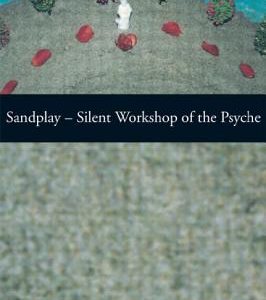
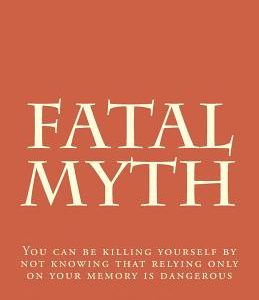
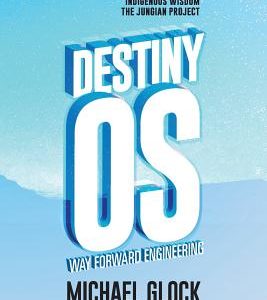
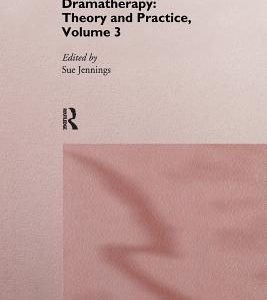
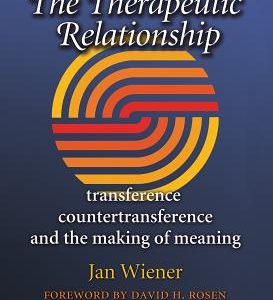
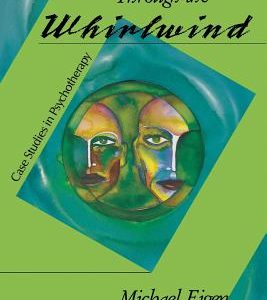

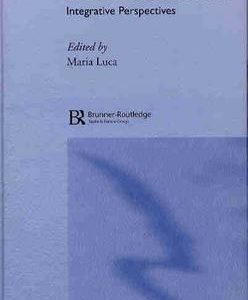
Reviews
There are no reviews yet.